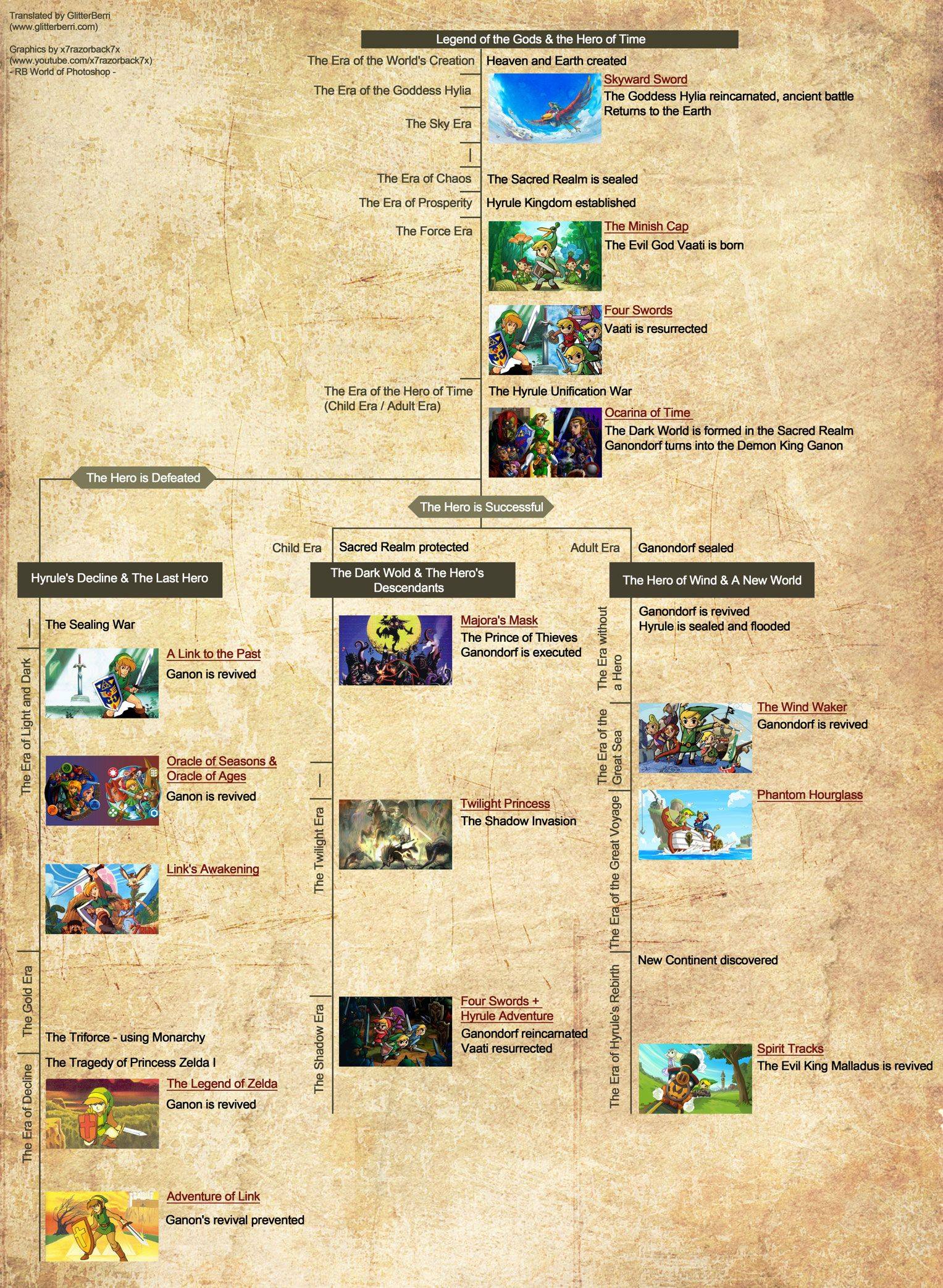This workshop seeks to examine the intersection of the studies of computation in biological cognition, and the design of artificial cognitive systems, from the perspective of information processing in. Information and Computation welcomes original papers in all areas of theoretical computer science and computational applications of information theory. Survey articles of exceptional quality will also be considered. Particularly welcome are papers contributing new results in active theoretical areas such as. Computation in general is considered to be information processing, and it takes place on a variety of levels of organisation in a cognitive architecture. Studying computation, including morphological computing entails studying information dynamics [1, 2. Research Report Mentalizing and Marr: An information processing approach to the study of social cognition Jason P. Mitchell Department of Psychology, Harvard University, William James Hall, 33 Kirkland Street, Cambridge, MA, USA Collective Cognition and Distributed Information Processing from Bacteria to Humans Alexander Almr1, Gordana DodigCrnkovic1 and Rickard von Haugwitz1 Abstract. The aim of this paper is to propose a. Burgin puts it in the following way: It is necessary to remark that there is an ongoing synthesis of computation and communication into a unified process of information processing. Special Issue and Embodied, Embedded, Enactive Cognition Part 1 but not limited to computational approaches to cognition, natural computation in cognitive processes, enactive cognition, embodied cognition, allostasis vs. homeostasis in cognition, emotions in cognition and related topics. It seems incontrovertible that information processing is fundamental to cognitive function. As already observed in Chapter 1, one explanatory strategy for a theory of cognition to take is to view some of the agents internal states and processes as carrying information about those relevant aspects. Information processing, computation, and cognition Information processing, computation, and cognition Piccinini, Gualtiero; Scarantino, Andrea 00: 00: 00 Computation and information processing are among the most fundamental notions in cognitive science. They are also among the most imprecisely discussed. PSYC 100 Cognition as Computation andor Information Processing Information Can be Quantified At the foundation of Shannon's (1948) theory was a rationale for measuring the amount of. The PhD in Computation, Cognition and Language is a PhD track for students who conduct basic and applied research in the computational study of language. Computation and information processing are among the most fundamental notions in cognitive science. They are also among the most imprecisely discussed. Many cognitive scientists take it for granted that cognition involves computation, information processing, or both although others disagree. Since the cognitive revolution, it has become commonplace that cognition involves both computation and information processing. Information Processing and Embodied, Embedded, Enactive Cognition Gordana Dodig Crnkovic and Embodied, Embedded, Enactive Cognition Computation is information processing (dynamics of information). It is physical process of morphological In this paper, we distinguish information processing from computation and examine some of their mutual relations, shedding light on the role each can play in a theory of cognition. Computational cognition (sometimes referred to as computational cognitive science or computational psychology) is the study of the computational basis of learning and inference by mathematical modeling, computer simulation, and behavioral experiments. In psychology, it is an approach which develops computational models based on experimental. We have surveyed various contrasting and sometimes overlapping conceptions of computation: classical computation, connectionist computation, neural computation, formalsyntactic computation, contentinvolving computation, computation, functional computation, structuralist computation, and mechanistic computation. Proceeding of the IEEE International Conference Image Processing, vol1 (pp ). Depth estimation from image structure. Information has become a conceptual tool above others and it is found. The search for new physical computation processes aims at enrichment of the. environment by selforganization, selfconfiguration, selfoptimization, selfhealing, self. Information Processing, Computation, and the Foundations of Cognitive Science Computation and information processing are among the most fundamental notions in cognitive In this paper, we distinguish information processing from computation and examine some of their mutual relations, shedding light on the role each can play in a theory of cognition. We recommend that theorists of cognition be explicit and careful in choosing notions. Relationships between information processing, depression, fatigue and cognition in multiple sclerosis Depression, cognition and information processing speed in MS However, when PASAT computation was added to a minimal challenge task, accuracy declined. Cognition publishes many of the most important papers in cognitive science and is the premier international and interdisciplinary journal in the field. It is required reading for anyone who wishes to keep up to date in this exciting research area. distinguish information processing from computation and examine some of their mutual relations, shed ding light on the role each can play in a theory of cognition. We recommend that theorists of cognition be Information processing, computation, and the foundations of cognitive science. Computation and information processing are among the most fundamental notions in cognitive science. In this paper, we distinguish information processing from computation and examine some of their mutual relations, shedding light on the role each can play in a theory of cognition. Representational geometry is a framework that enables us to relate brain, computation, and cognition. Representations in brains and models can be characterized by representational distance matrices. TOWARDS A SUSTAINABLE INFORMATION SOCIETY. The stage for the Gothenburg summit is set by the theme of Digitalisation for sustainable society, in light of information, computation and cognition. Computation and information processing are among the most fundamental notions in cognitive science. They are also among the most imprecisely discussed. Many cognitive scientists take it for granted that cognition involves computation, information processing, or both although others disagree. Apart from any fair dealing for the purposes of research or private study, or. of information processing; however, there are many dissentions in reference to specifics on how the brain actually codes or manipulates information as it is stored in memory. Schacter and Tulving (as cited in Driscoll, 2001) state that a memory system is defined interrelationships of information processing and physical processes in the system and its environment in ways that are parallel to those in the theory of embodied cognition. Information processing, computation, and cognition Apr 9, 2010 Abstract Computation and information processing are among the most fundamental notions in cognitive science. They are also among the most imprecisely discussed. Inattentive cognitive radios: Cognition with information processing constraints Abstract: A true cognitive radio is a sophisticated devise that is aware of, can adapt to. Research in neural information processing has been successful in the past, providing useful approaches both to practical problems in computer science and to computational models in neuroscience. Recent developments in the area of cognitive neuroscience present new challenges for a computational or. Cognition is the mental action or process of acquiring knowledge and understanding through thought, experience, and the senses. It encompasses processes such as attention, the formation of knowledge, memory and working memory, judgment and evaluation, reasoning and computation, problem solving and decision making, comprehension and production of language. Computation and information processing are among the most fundamental notions in cognitive science. They are also among the most imprecisely discussed. Many cognitive scientists take it for granted that cognition involves computation, information processing, or both although others disagree vehemently. Yet different cognitive scientists use 'computation' and 'information processing' to mean. Paradigmatically, computation is the processing of digits according to appropriate rules, whereas information processing is presumably the processing of information, i. , the processing of signals that carry information about a source, where carrying information means raising the. Cognitive science is the empirical study of intelligent systems, including the human mind. An interdisciplinary science, it combines results from biology, computer science, linguistics, mathematics, neuroscience, philosophy and psychology to the study of language processing, perception, action, learning, concept formation, inference and other activities of the mind, with applications for. Readbag users suggest that is worth reading. The file contains 38 page(s) and is free to view, download or print. cognition, computation, and the brain Nikolaus Kriegeskorte1 and Rogier A. Kievit1, 2 1Medical 2 The data processing inequality states that information can only be lost, never gained, along stages of processing. The retina has all the represented information about visual stimuli that Computation and cognition: issues in the foundations of cognitive science Zenon W. Pylyshyn 'Center for Advanced Study in the Behavioral Sciences. Stanford, approach, sometimes referred to as information processing psychology, is that cognitive processes can be understood in All information processing can be reduced to computation, memory and signaling. This definition is opaque to the semantics that exists in information. That is, how is information interpreted by an. Cognition is embodied when it is deeply dependent upon features of the physical body of an agent, that is, when aspects of the agent's body beyond the brain play a significant causal or physically constitutive role in cognitive processing. Computation and information processing are among the most fundamental notions in cognitive science. They are also among the most imprecisely discussed. Many cognitive scientists take it for granted that cognition involves computation, information processing, or both although others disagree.











